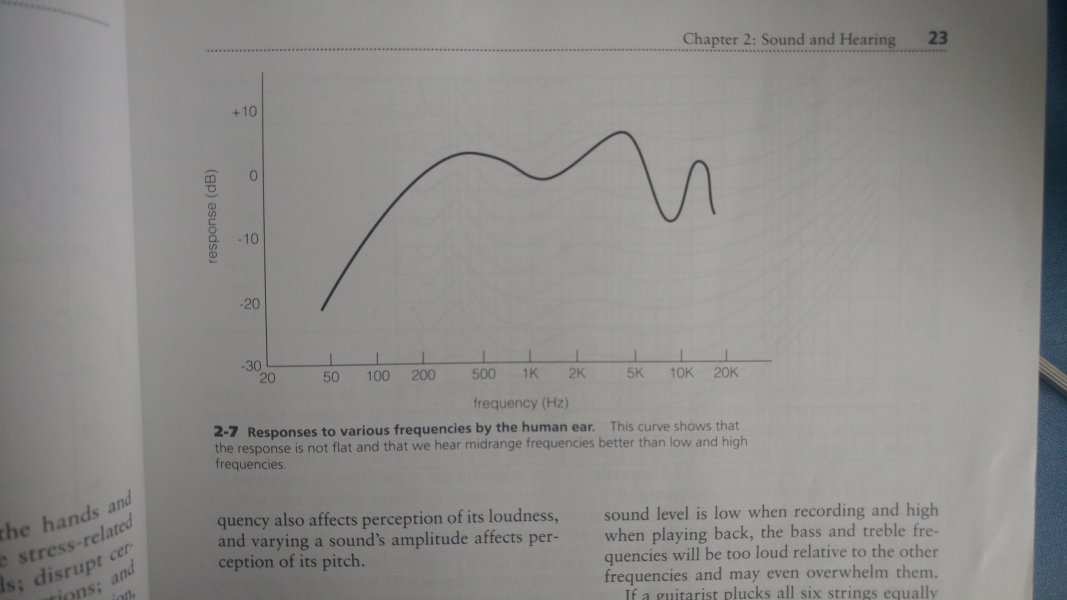Check out this link: Audio Musings by Sean Olive: The Dishonesty of Sighted Listening Tests
I'm going out on a limb and suggesting that blind listening tests (when buying audio equipment) are unnecessary. It might even distort the reality you experience because our auditory memory is so short.
Let us first consider the following:
1) A costly bottle of scotch - bought because your friend recommended it. You had high hopes (psychological determinations) and were excited to try.
Result: After pouring yourself a glass, you find the flavors to be amiss. You much prefer your favorite scotch; which is on sale for a fraction of the cost.
2) Fine dining - At a steakhouse. You get your steak medium rare like you always do.
Result: When it arrives it looks delicious; after a few bites you realize you don't really like it.
3) High-End audio (or any level of audio quality) You buy a new DAC for your integrated amplifier.
Result: The reviews must have been written by novices; because you find it's lacking in key areas.
You could easily apply the above to experiencing virtually anything new in life.
The result will always be the same - You either like it or don't like it. And you have reasons why or why not.
In each of of the above scenarios, we are fully aware of the object we are experiencing. Taking one of our senses away (sight) would not change the result.
I don't believe it's possible to lie to yourself and conform to an unwavering subjective or objective belief about something forever. In our case, it's audio equipment.
Eventually, even if you repeat a lie a thousand times; The truth will overshadow that lie. Intellectual honesty, good judgement, and reasoning take center stage.
Certainly, a dealer could lie to you and convince you of a tweak in a system that is non-existent. Feel-good neurotransmitters overflow and adrenaline take over.
Perhaps you make a silly purchase and realize it wasn't worth it later on.
However, we cannot lie to ourselves.
- DMK
I'm going out on a limb and suggesting that blind listening tests (when buying audio equipment) are unnecessary. It might even distort the reality you experience because our auditory memory is so short.
Let us first consider the following:
1) A costly bottle of scotch - bought because your friend recommended it. You had high hopes (psychological determinations) and were excited to try.
Result: After pouring yourself a glass, you find the flavors to be amiss. You much prefer your favorite scotch; which is on sale for a fraction of the cost.
2) Fine dining - At a steakhouse. You get your steak medium rare like you always do.
Result: When it arrives it looks delicious; after a few bites you realize you don't really like it.
3) High-End audio (or any level of audio quality) You buy a new DAC for your integrated amplifier.
Result: The reviews must have been written by novices; because you find it's lacking in key areas.
You could easily apply the above to experiencing virtually anything new in life.
The result will always be the same - You either like it or don't like it. And you have reasons why or why not.
In each of of the above scenarios, we are fully aware of the object we are experiencing. Taking one of our senses away (sight) would not change the result.
I don't believe it's possible to lie to yourself and conform to an unwavering subjective or objective belief about something forever. In our case, it's audio equipment.
Eventually, even if you repeat a lie a thousand times; The truth will overshadow that lie. Intellectual honesty, good judgement, and reasoning take center stage.
Certainly, a dealer could lie to you and convince you of a tweak in a system that is non-existent. Feel-good neurotransmitters overflow and adrenaline take over.
Perhaps you make a silly purchase and realize it wasn't worth it later on.
However, we cannot lie to ourselves.
- DMK
Last edited:







